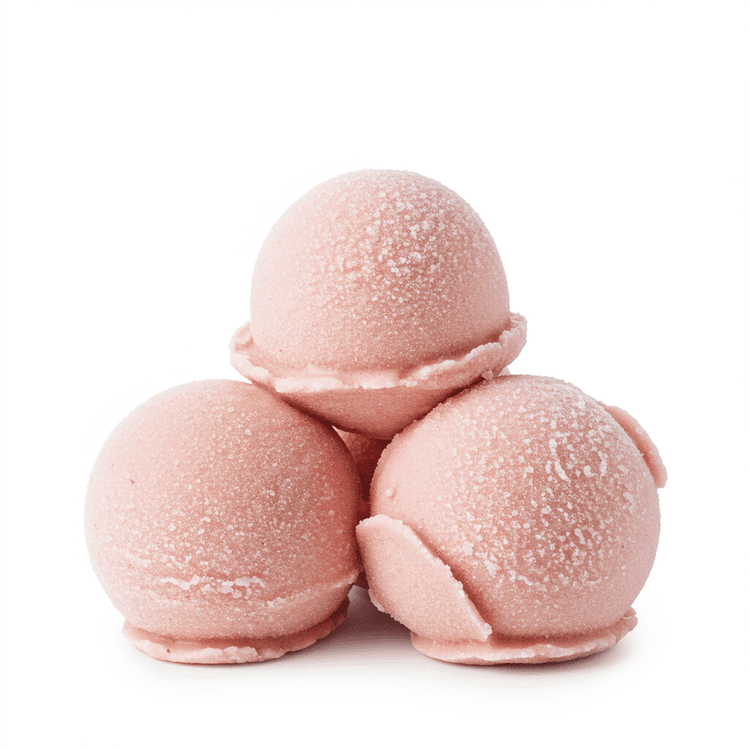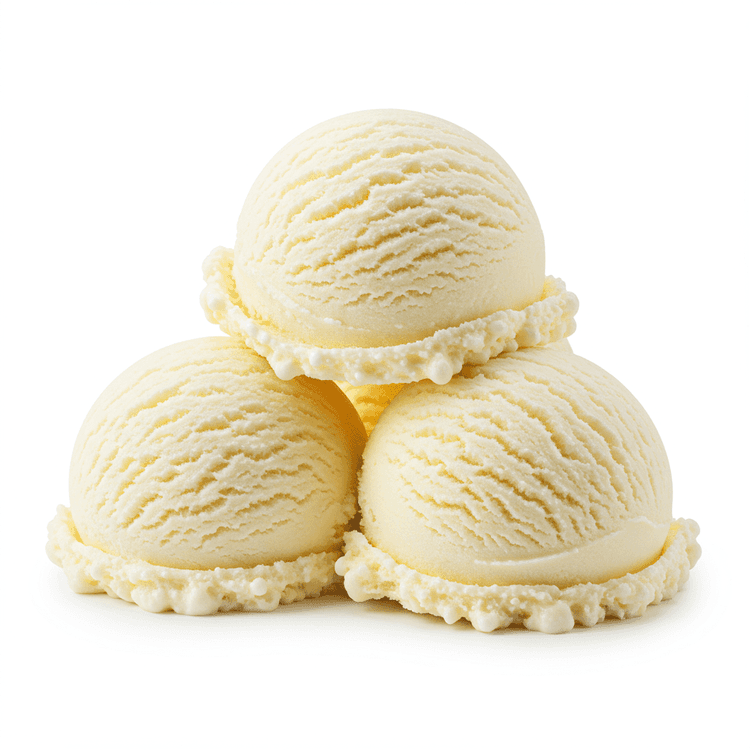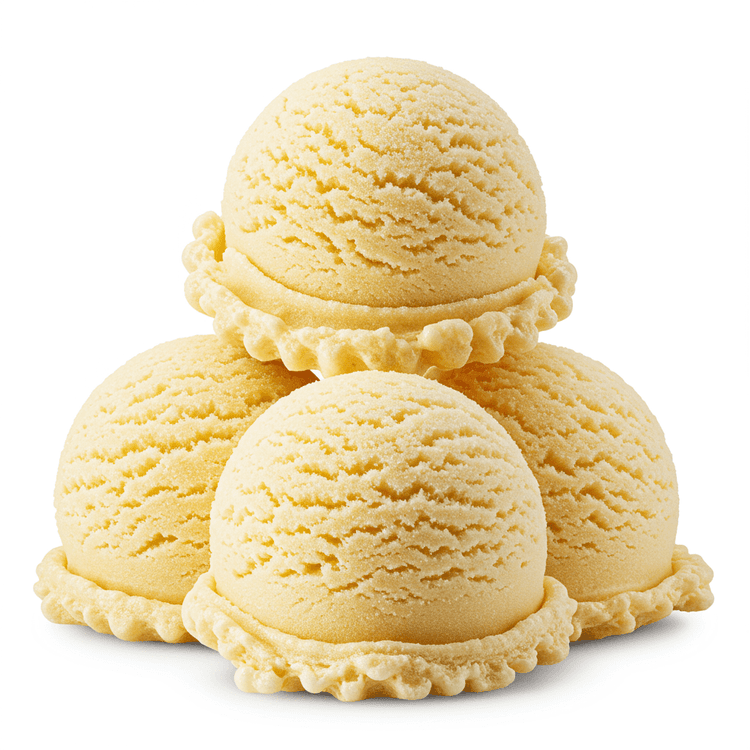
Frozen Yogurt
Frozen yogurt is a creamy, tangy dessert made from yogurt and sometimes mixed with milk or cream, offering a lighter alternative to traditional ice cream. It has a smooth texture and a slightly tart flavor that pairs well with a variety of toppings like fresh fruits, nuts, and syrups. Available in a wide range of flavors, frozen yogurt is often lower in fat and calories compared to ice cream, making it a popular choice for health-conscious dessert lovers. This versatile treat is perfect for satisfying sweet cravings while providing the probiotic benefits of yogurt.
Common Uses
- Serve frozen yogurt as a standalone dessert, topped with fresh fruits, granola, or chocolate chips for added flavor and texture.
- Use frozen yogurt as a base for smoothies to create a creamy, tangy drink with added probiotics.
- Make frozen yogurt parfaits by layering it with granola, nuts, and fruit for a healthy breakfast or snack option.
- Substitute frozen yogurt for ice cream in recipes like milkshakes or dessert pies for a lighter alternative.
- Incorporate frozen yogurt into fruit-based desserts like berry crumbles or cobblers to balance the sweetness with its tangy flavor.
- Use frozen yogurt as a filling for homemade popsicles or frozen treats, perfect for hot summer days.
Nutrition (per serving)
Nutrition (per serving)
Calories
127.0kcal (6.35%)
Protein
3.5g (7%)
Carbs
19.0g (6.91%)
Sugars
17.0g (34%)
Healthy Fat
1.2g
Unhealthy Fat
2.5g
% Daily Value based on a 2000 calorie diet
Nutrition (per serving)
Calories
127.0kcal (6.35%)
Protein
3.5g (7%)
Carbs
19.0g (6.91%)
Sugars
17.0g (34%)
Healthy Fat
1.2g
Unhealthy Fat
2.5g
% Daily Value based on a 2000 calorie diet
Health Benefits
- Supports gut health due to probiotics, which promote healthy digestion.
- Provides a good source of calcium, essential for strong bones and teeth.
- Contains protein that helps with muscle repair and growth.
- Lower in fat compared to traditional ice cream, making it a lighter dessert option.
- Can be a source of vitamins like B12 and riboflavin, which support energy metabolism.
- May help satisfy sweet cravings with fewer calories than other desserts.
Substitutes
Chefadora AI is here.
Experience smarter, stress-free cooking.
Storage Tips
Frozen yogurt should be stored in the freezer at a consistent temperature of 0°F (-18°C) or lower to maintain its texture and flavor. Keep it tightly sealed in its original container or transfer it to an airtight container to prevent freezer burn. Avoid frequent thawing and refreezing, as this can lead to ice crystal formation and degrade the quality. Consume within 1-2 months for optimal taste and freshness.
Marnirni-apinthi Building, Lot Fourteen,
North Terrace, Adelaide, South Australia, 5000
Australia


